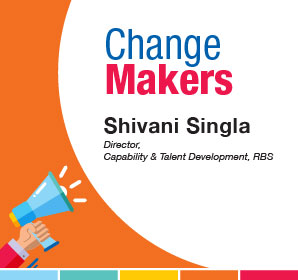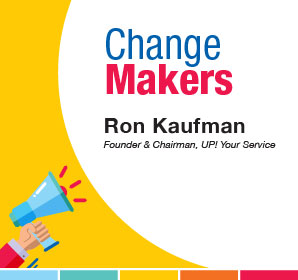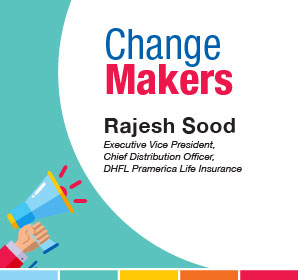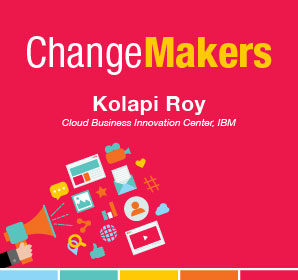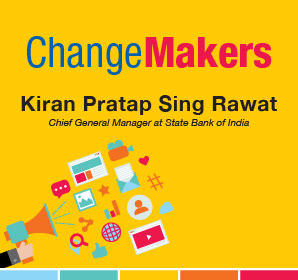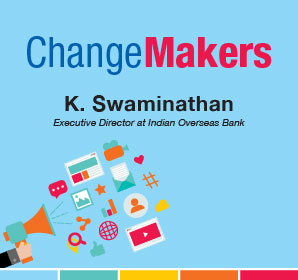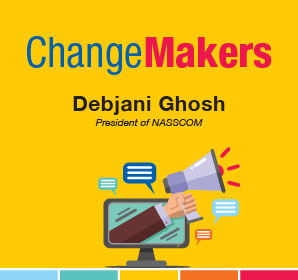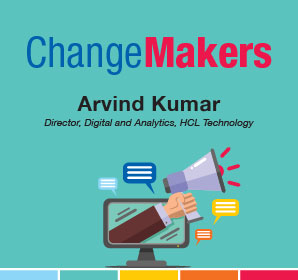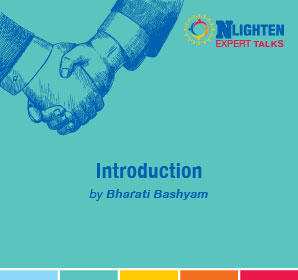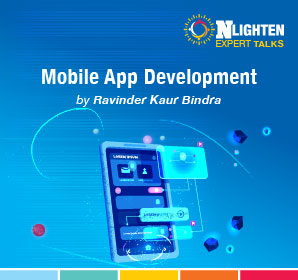This article is about Banking and Finance
Top 12 Technical Skills Required by Sales Professionals
By NIIT Editorial
Published on 21/04/2020
8 minutes
We live in uncertain times. The world is not so safe a place that it used to be with geopolitical forces and inter-continental rivalries rippling the fabric of national-level industries. To this equation add the 4th Industrial revolution spearheaded by none other than Artificial Intelligence (AI). Growing fears suggest a mass-extinction of the mundane, repetitive jobs, a demonstration of which has already been screened in many economies. Yet, amongst fears that AI could replace 800 million global workers by 2030, if there is one function that continues to hang by a safety thread, then that is Sales.
There is a polar shift in the way consumers purchase. Household businesses that earlier banked on the legacy to do their bidding have realized a new dimension of sales-grind needed to maintain competitive supremacy. The new-age Salesman/woman would have to be immune to technological changes and subtle with emotions. That said, here is a list of the most important sales skills and techniques, professionals must have on their resumes to maintain credential-adequacy.
Identifying Buyer Needs
Cold calling in sales is a thing of the past. It is the age of digitized sales. These days purchase-decisions are so streamlined, provided there are sufficient online channels, the consumer can find you on its own. This bypasses the prospecting stages. Human interaction takes place in the later stages of lead-closure where scripted answers and automated responses just won’t do. It is crucial for professionals to not overbear the consumer with the weight of choices. Probe to understand their needs and pitch an option closest to their liking. Attention spans are short these days, so the more to-the-point approach you have the better.
Be Intentionally Good
Never dupe an end-user. People are savvy and they can see through a façade of lies. It shows when you intend for the customer to benefit through your product. Though trying to meet targets, while forcing your product on to someone could leave cracks open for exposure. If the same customer found that money spent on your product is well-worth zero, you’ll bear the brunt of their wrath on social channels. As pointed before, customers hold power and you don’t want a public relations disaster on your plate. Be nice and if one lead is about to exit, wait for the next one.
Study Behavioural Science
Sales have more to do with what goes on in the mind, than outside of it. Impressions, perceptions, assumptions and past experiences influence the decision making of a user. Hence, you must go out of your way to convey the right signs that spurt positive thought-activity in the mind of the user. Your body language could be elementary in creating brand recall. If the customer found your approach to be friendly they would come back. Else, you should take a note of your conduct through such meetings. Studying the nature of the human mind would only enhance the salesperson skills and qualities of a professional.
Make the Customer Feel Important
Disgruntled consumers are a tough nut to crack. Even when they may be interested in your product, they’ll want special attention. Prospects might refuse to take your call if they feel you’re not doing enough for their attention. When it comes to software solutions, offering free-trial periods is standard practice. For others, testimonials could do the trick. Whatever the industry, sales is about rapport, and building one depends on extending utilitarian favors to your would-be customers.
Becoming Expert at Communications
Marketing would fall into an existential crisis if carried without any inputs from the Sales Team. In addition to setting your multi-channel message delivery right, keep your copywriting crisp and clear. For instance, when it comes to mailers, the ones that wrap up their message in 3-4 lines or 50-words or less, perform the best. Use bullet points. This goes for brochures as well. Scrutinize even that poster on the wall to see their implied meaning is clear and matches the targeted tone.
Be a Product Expert
Only confidence can instil confidence in others. Know the upsides and shortcomings of your product/service, they’re going to have both. Pen down logical explanations of why someone, or you, would believe in the utility of the product. Once you have the microscopic details of the product figured out, along with the heart-full acceptance of the same, you’ll be ready to face the customer. You will be paid for articulating this expression and weaving the same into a purchasable narrative. Before anything else, this is where a salesman is made, or undone.
Use Effectual Narrative, than Causal
The causes, contributing to your product development underline the need for it. The effect, on the other hand, would reflect its value addition. The term universal selling point is used to bring out nothing but this effect. This principle serves as the cornerstone for customer relationship management. When trying to persuade your listener, bring out the intrinsic value of the product that strikes a personal chord. For instance, the fact that an electric car goes from 0 to 60 Km/h in under 3 seconds cannot be used literally to sell it. But you will grab listeners when you brag about an environment-friendly, carbon-neutral friend that’ll transport you to office in under half-an-hour.
Workout Your Phone Etiquettes
As per a study, 92% of all customer interaction happens on the phone. This extends to conversations over video call apps. Experience in technologies is a commodity these days as sales professionals have to guide customers through the steps and effectuate a dialogue. The importance of the 4 W’s (who, why, what, where) coupled with the right intonation could entice or avert a listener. Like an artist, learn to work on the nuanced-signals given out by the customer and continue the conversation.
Channel Social Engagement
Social media is a hunting-ground to search for new prospects. With pin-point tracking-tools, it is easier than before to trace your buyers. But level-headed professionals don’t stop at that. Sales are all about relationship management. Maintain a close point of contact for the cream of your clientele through social media. Bifurcate your customers and plan engagement activities that they would garner participation. Your hospitality should have the veneer of quality painted all over it. Such an expenditure never goes waste. When this customer sentiment shines through, people will tag in you in their posts and become your online promoters.
Sharpen Marketing Intellect
Sales professionals have untapped, informal, and in most cases an under-utilized knowledge reserve of the customer psyche. Client facing lets them explore new dimensions to message delivery and see what campaign variation develops consumer-understanding of your product. To survive in the age of AI, they must mutate their responsibilities into a cross between sales & marketing. Take your copy-writing a set further and set guidelines for communications across Facebook, Twitter, and LinkedIn. Market penetration could also happen on customer-favorite mobile platforms like Tik-Tok, and Snapchat with subtle changes in the voice. Always include a Call-to-Action (CTA) in your posts so customers know how to act.
Become Project Managers
To quote Aristotle, “We are what we repeatedly do. Excellence, then, is not an act, but a habit.” You must micro-manage your day if you want any success at sales. Your monthly/quarterly targets are breakable into daily must-dos that create periodical-silos. Scheduling your time for each activity will let you monetize your efforts in the long run, inching you closer to your targets. Certifying this managerial skill also comes in handy for employment prospects.
The most important – Perseverance
Of all the sales techniques or tips that you could learn perseverance is the most important. It is essential to keep your chin-up. Things may not always pan out the way you want them to. Fixate yourself with the endgame, the final objective of achieving your targets, come what may. You may not be able to meet the daily quotas that we talked about in the last point, yet try and not have the short-fall of leads spill over from one week to another. For this, engage the maximum number of prospects possible. Each will take its due course. But once, you have stabilized the incoming requests for the product, the numbers would begin to fall in place soon.
Build on these pointers as they’ll aid you in creating a bedrock foundation for your sales career. You’d be well served in staying open to learning and keeping up with the changing demands of the industry than otherwise.
PG Diploma in Sales and Relationship Banking
An online blended learning programme for graduates that gives you a job as a Value Banker with ICICI Bank, India’s leading private sector bank.
Assured Job Opportunity*
Role as a Value Banker

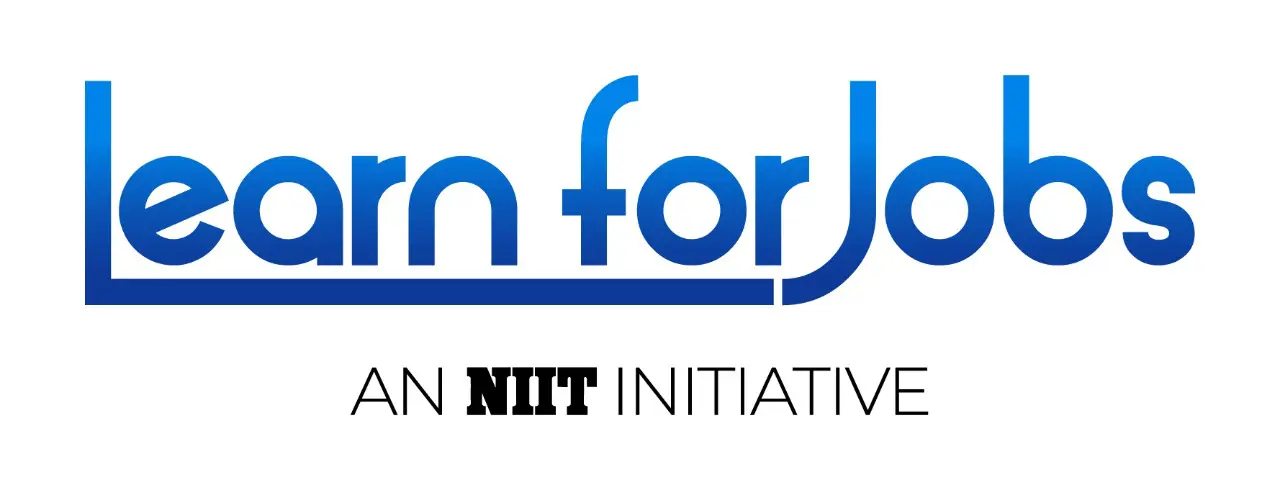
 Sign Up
Sign Up


























































































































































































































































































































































